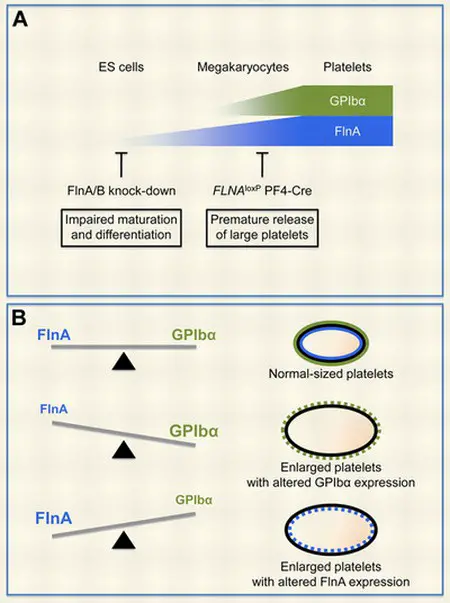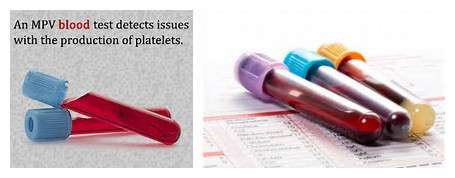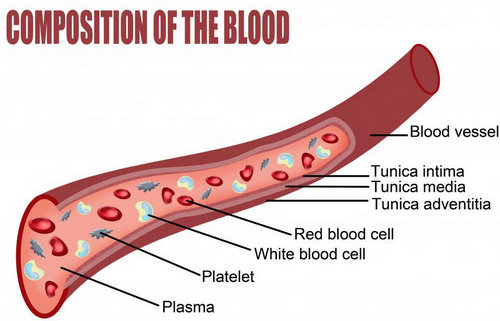

Factors associated with myelosuppression related to low-dose methotrexate therapy for inflammatory rheumatic diseases. National Heart, Lung, and Blood Institute. Pathophysiology and diagnosis of drug-induced immune thrombocytopenia.

Vayne C, Guéry EA, Rollin J, Baglo T, Petermann R, Gruel Y. Raadsen M, Du Toit J, Langerak T, van Bussel B, van Gorp E, Goeijenbier M. In this procedure your plasma (liquid portion of blood) is removed via an IV and is replaced with fresh frozen plasma. Plasma exchange: Thrombotic thrombocytopenic purpura (TTP) is treated with plasma exchange.Splenectomy, surgical removal of the spleen, may improve your platelet count. Splenectomy: In many types of thrombocytopenia, the spleen is the primary location of destruction of the platelets or trapping of the platelets.Medication: If your thrombocytopenia is the result of immune thrombocytopenia (ITP), you may be treatment with medications like steroids, intravenous immunoglobulin (IVIg), or anti-D immune globulin.If your condition (like seizures) is well controlled on the medication and your thrombocytopenia is mild, your healthcare provider may continue this medication. Stopping medications: If your thrombocytopenia is the result of a medication, your healthcare provider might stop that medication.Platelet transfusions are also used frequently if you are having active bleeding with thrombocytopenia.


Malignancy: Certain cancers, particularly leukemia, may cause a decreased platelet count. This is generally because the cancer takes up space in the bone marrow preventing the production of new platelets.Immune thrombocytopenia: This is a condition where the immune system becomes confused and destroys the platelets when it should not.Fortunately, most people who receive these medications will never develop thrombocytopenia. The list of medications that cause thrombocytopenia is long and includes antibiotics (vancomycin, trimethoprim/sulfamethoxazole, rifampin, and others), medications that treat malaria, and valproic acid (an anti-seizure medication). Medications: Some medications can inhibit the body’s ability to make platelets and others can cause your body to make antibodies that destroy platelets.Viruses: During viral infections your bone marrow may temporarily make fewer platelets this is called viral suppression. Once the virus is cleared from the body, the bone marrow can resume normal production.


 0 kommentar(er)
0 kommentar(er)
